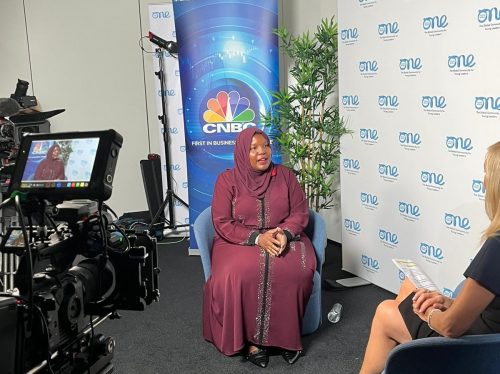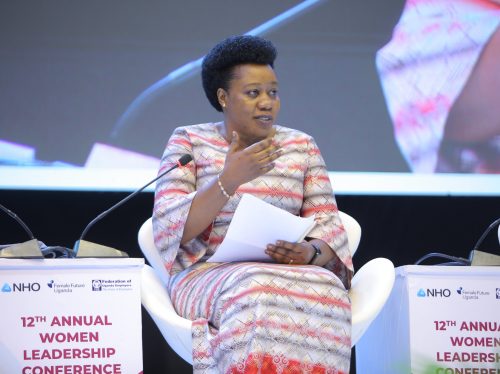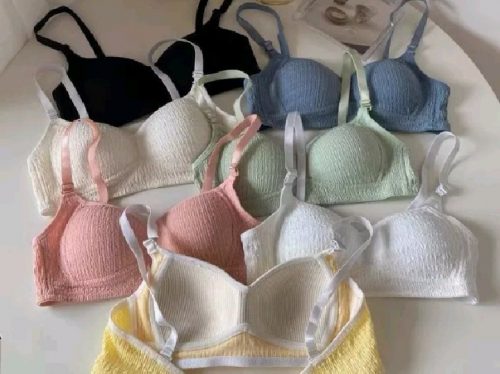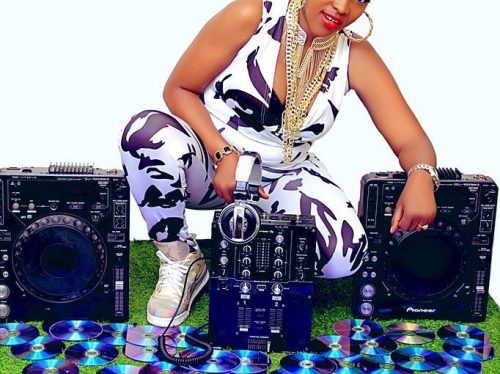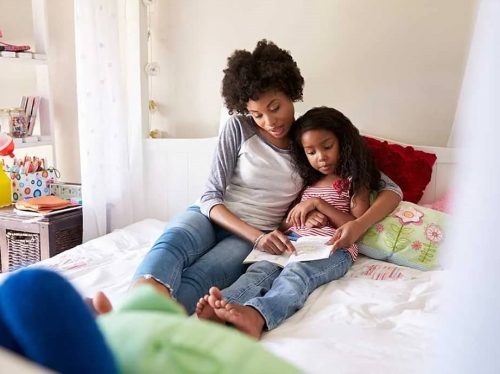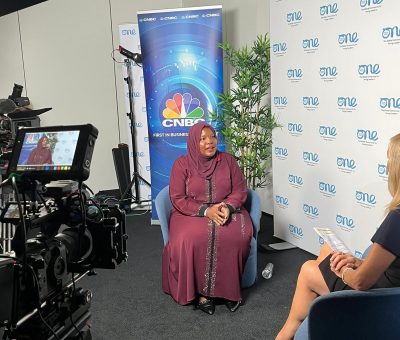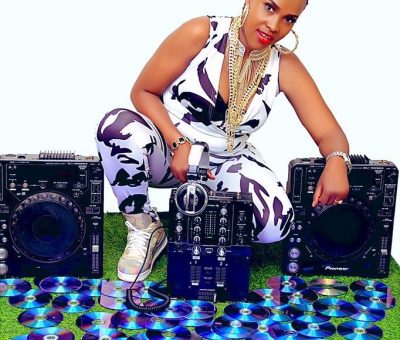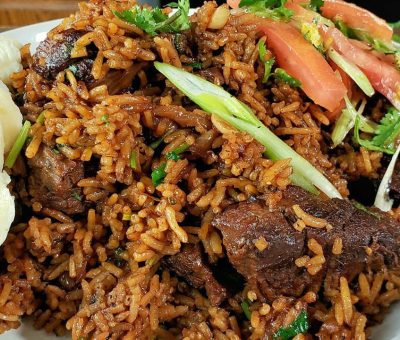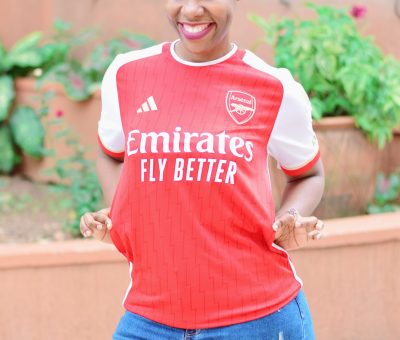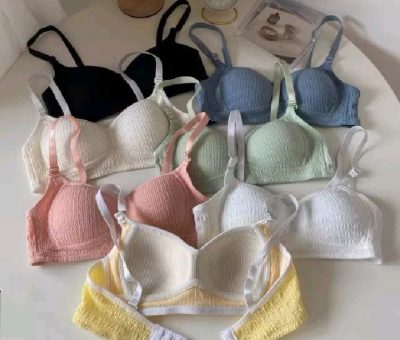Youth don’t need donations, they need empowerment
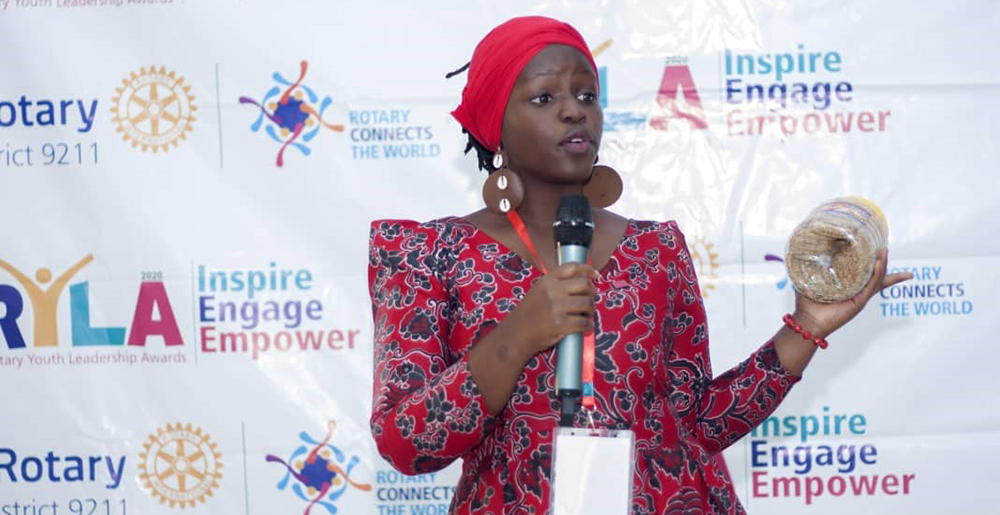
According to the Uganda Bureau of Statistics, the unemployment rate in Uganda increased to 2.44 percent in 2020 from 1.80 percent in 2019. The majority of the youthful population is still employed in subsistence farming whereas graduates lack practical skills that are employable due to the theoretical nature of Uganda’s education system.
For many graduates in Uganda, employment is by luck and is easier for those with ‘connections’. However, Aisha Ganda did not need any connections to stand tall. She came out strong and started a business many would overlook and now she is the founder of Snacks4U Uganda.
Snacks4U is a social enterprise committed to delivering healthy, tasty snacks and spices for various uses. The business is based in Kampala and managed by a resilient, amazing and strong lady.
Who is Asha Ganda?
I am a social entrepreneur who is passionate about women and youth. I work towards addressing challenges that affect women including empowerment and delivering healthy organic snacks. When I am not making snacks, I am involved in economic empowerment training.
Inspiration
One semester, I could not pay my tuition balance since my father, who was the bread winner, had to undergo spine surgery. I acquired a loan, which I could only afford to pay if I started a money-making venture. I was able to go back to school and that still pushed me to liberate the situation we were in.
I grew up in the police barracks in Nsambya, Kampala. When you live a life like mine, you must be as smart as possible. Many women who survive in the barracks depend on their husbands but I had to work to inspire my community to crawl out of poverty and dependence syndrome.
What impact have you had on community?
I have done a lot under my Skill Uganda campaign. Last year, I visited 15 districts and trained over 1000 people. I have joined cooperate bodies, NGO’s, Rotary and many others to provide skills on economic empowerment. I train people in a number of hands-on skills including Re-usable pads making, books and snacks.
I have been able to meet so many people through the different talks I organise. I also undertook a course in public speaking, and it is something I have been able to nourish. I pay my bills and inspire so many people. I have got a chance to grow my brand and personality through media interviews and shows.
What does it take to start such a business?
You do not need so much to start; 50,000 Uganda shillings is enough for start capital. I started with hard corn, Sim sim, daddies, cookies and the brand has grown to products like pumpkin seeds, eucalyptus products and many other food and tea spices.
What challenges do you face?
Like any business, we face a number of challenges like transport costs and low purchasing power since I provide value added products in tins that are well branded. Also, some months like December and January are not favourable.
In some instances, clients forfeit payments. Sometimes, you train people but they end up not paying or delay payment which affects the business.
Where do you see yourself in five years?
I see myself starting up an entrepreneurship academy specializing in vocational skills where I can skill many women and youth. I hope to address the challenges of gender inequality, challenges of sexual reproductive health and rights, and have them create enough employment opportunities to tackle poverty and contribute to SDG 8 of decent work and growth.
How can we empower the girl child, especially during pandemics like COVID-19?
Do meaningful participation at grass root level. Involve the girls in decision making, educate them on their rights and provide resources for them. I see many NGO’s, corporate bodies, government projects and rotary giving donations. These girls don’t need donations. They need you to show them how they can survive, create resources for them in form of money and opportunities so that they can be empowered. We need to inspire and educate the girls.



